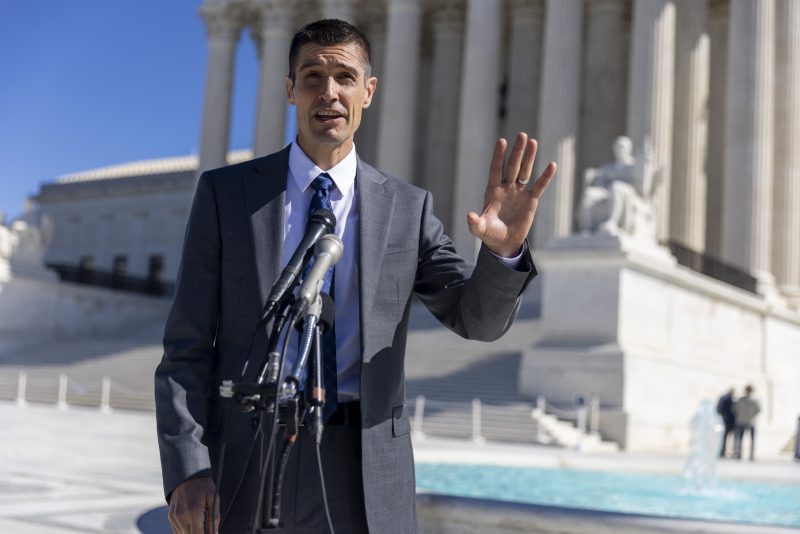The recent Supreme Court case regarding the regulation of ghost guns has sparked a significant debate across the nation. The issue revolves around whether individuals should be allowed to possess and manufacture firearms without any serial numbers or registration, essentially making them untraceable. With the rise in gun violence incidents and the increasing use of ghost guns in criminal activities, the federal government has been pushing for stricter regulations to address this growing concern.
One of the key arguments in favor of regulating ghost guns is the need for public safety and national security. Proponents argue that untraceable firearms pose a serious threat to law enforcement efforts to track and prevent crimes involving these weapons. Without proper regulations and oversight, it becomes easier for individuals with malicious intent to acquire such firearms and use them for illegal activities without fear of being identified or prosecuted.
Moreover, the lack of serial numbers on ghost guns makes it extremely challenging to trace their origins or hold accountable those responsible for their distribution. This creates a dangerous loophole in the current gun control laws, allowing individuals to bypass existing regulations and acquire firearms with ease. By upholding regulations on ghost guns, the Supreme Court can help close this loophole and strengthen the overall effectiveness of gun control measures.
On the other hand, opponents of regulating ghost guns argue that such measures infringe upon the Second Amendment rights of individuals to bear arms. They contend that imposing strict regulations on these firearms would unfairly limit law-abiding citizens’ ability to exercise their constitutional rights. Additionally, some argue that regulating ghost guns would not address the root causes of gun violence and criminal activities, as those intent on committing crimes will find alternative means to acquire firearms regardless of existing laws.
Despite these opposing viewpoints, the Supreme Court appears to be leaning towards upholding the regulation of ghost guns to protect public safety and address the challenges posed by untraceable firearms. The decision in this case will likely have far-reaching implications for gun control laws and law enforcement efforts to combat gun-related crimes. By establishing clear guidelines and oversight on the manufacture and possession of ghost guns, the government can take a significant step towards enhancing public safety and reducing the risks associated with untraceable firearms.
In conclusion, the debate over the regulation of ghost guns reflects broader discussions on gun control, public safety, and individual rights. While there are valid concerns on both sides of the argument, the need to address the growing threat posed by untraceable firearms cannot be ignored. By upholding regulations on ghost guns, the Supreme Court has the opportunity to bolster existing gun control measures, enhance law enforcement capabilities, and ultimately improve public safety for all.
